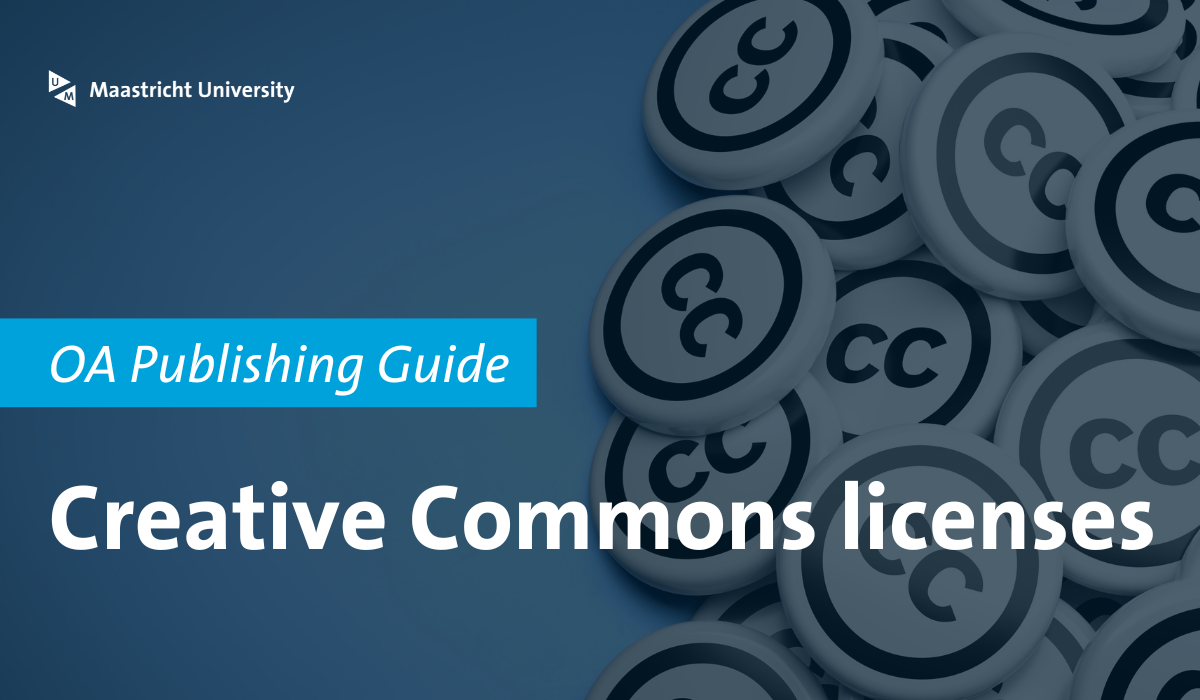
With a choice of six standard licences (free of charge), you can determine the extent to which and under what terms and conditions your work may be further distributed.
About CC licenses
When you choose a standard (or subscription) publishing license, you usually transfer all rights (except the creator’s moral rights) to a publisher. They obtain the copyright and can decide what others/readers can do with their acquired property. Even if you want to reuse your content for further research or educational purposes, you must obtain (and pay for) the right to do so.
When you publish an open-access article, book, or chapter, you (the authors) or your employer retains the copyright. You can assign a Creative Commons (CC) license to the work, telling the world what readers and users can do with your article or book (besides downloading and reading) without consulting and asking for permission.
Six standard CC licenses
With a choice of six standard licences (free of charge), you can determine the extent to which and under what terms and conditions your work may be further distributed.
The default CC license is CC BY: use and reuse (one must give appropriate credit, provide a link to the license, and indicate if changes to the original work were made). Additions like -NC or -ND allow you to add restrictions (limiting reuse options). Still, the publication will also become ‘less Open Science’, and if your research has an external public funder (e.g. NWO), no further restrictions are allowed.
Three considerations when choosing the license for your work
Although we encourage selecting the least restrictive license whenever possible (CC BY), Maastricht University doesn’t have mandatory requirements regarding CC licences.
Please consider that your research funder might have a specific policy about CC licenses (e.g. cOAlition S funders require the use of CC BY).
CC considerations
- What is required by the funder of my research (if applicable, usually CC BY) – this is contractually determined. More information on this page: Research Funders’ Open Access policies
- What CC options are offered by the journal or book publisher: usually, a publisher provides only two or three CC variations. Sometimes with price (APC) differentiation.
- What do you want for the work: how open do you want to be? Although CC BY is considered the most “Open Science” minded license, you might want to impose extra restrictions when you publish a book. Be aware (check the small print!) that publishers may reserve some rights (i.e. sell parts of limited work to others) when you limit those rights to the public.
If you have any doubts about which license to opt for, please contact us, consult the Guide to Creative Commons for Scholarly Publications and Educational Resources or try the CC license chooser.
More information
- Guide to Creative Commons for Scholarly Publications and Educational Resources
- About CC licenses (Creative Commons website)
- The CC license chooser (Creative Commons website)
- Copyright Information Point (UM Library)
Contact Ron Aardening or Michel Saive of the Scholarly Communication team for more information.

